
Gwada Negative: The 48th Human Blood Group and an Extraordinary Genetic Discovery
Gwada Negative: The 48th Human Blood Group and an Extraordinary Genetic Discovery
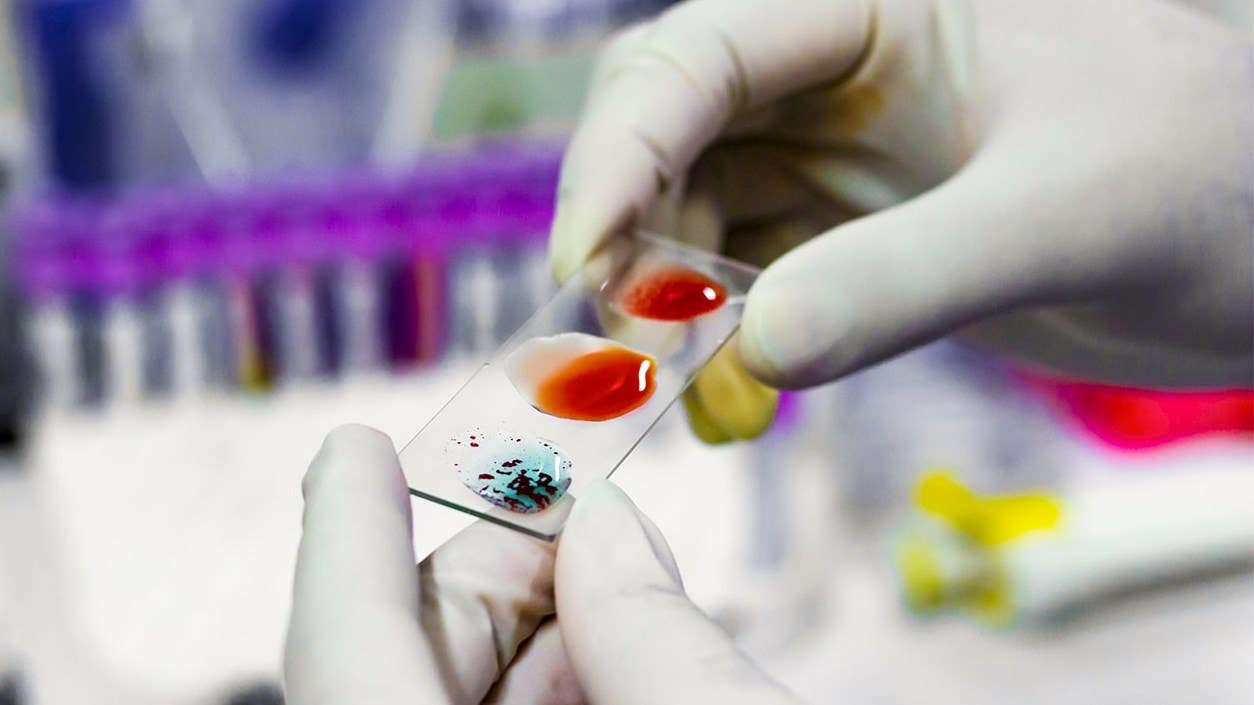
In 2011, doctors preparing a woman from Guadeloupe for a routine surgical procedure made a discovery that would later transform global blood science. During standard pre-operative testing, her blood reacted in a way that did not match any known blood group within the 47 established human blood group systems. The unusual reactions immediately drew the attention of hematologists, raising questions no one had ever asked before.
Years later, in 2019, researchers conducted advanced genome sequencing to understand the cause of these unexplained results. Their analysis revealed a rare mutation in the PIGZ gene, a gene involved in producing certain surface structures on red blood cells. This mutation created a completely new antigen, unlike any previously documented in medical literature. As a result, scientists officially identified a brand-new blood type.
This newly discovered blood type was named “Gwada negative,” inspired by the local nickname “Gwada” commonly used for Guadeloupe. More than just a rare variant, it is now officially recognized as the 48th human blood group system by international standards—making it one of the most significant blood discoveries in recent decades.
What makes this case even more remarkable is its medical implication:
No other donor in the world has been found to match her blood.
Every blood sample tested—whether from unrelated donors or even close family members—triggered an immune reaction. This means she is, at present, only compatible with her own blood for transfusions. In any serious medical situation where she might need emergency surgery or treatment, this poses tremendous challenges for doctors and blood banks.
The identification of the Gwada negative group is considered a groundbreaking milestone because recognizing extremely rare blood types is essential for safe transfusion medicine, advanced genetic research, and personalized healthcare. With global mobility and increasingly complex medical treatments, knowing these rare variations helps prevent dangerous transfusion reactions and improves patient outcomes.
Researchers are now working to determine whether other individuals around the world may carry the same PIGZ mutation. Discovering additional carriers would not only deepen scientific understanding but could also provide vital clinical support if the original patient ever needs blood in an emergency. Until such individuals are found, however, she remains one of the most genetically unique patients ever documented, highlighting just how diverse—and still mysterious—human genetics can be.
Trusted Sources
(These are reputable organizations and media outlets that have publicly reported on or confirmed the discovery.)
-
International Society of Blood Transfusion (ISBT) – responsible for classifying global blood group systems.
-
Établissement Français du Sang (EFS) – France’s national blood authority that contributed to the research.
-
Scientific American – covered the scientific explanation of the PIGZ mutation and antigen discovery.
-
Smithsonian Magazine – reported on the medical and genetic significance of the new blood type.
-
CBS News – published a detailed report on the woman with the unique Gwada negative blood type.
-
AABB (Association for the Advancement of Blood & Biotherapies) – recognized and documented the newly identified blood group.
News in the same category


When your non-stick pan loses its coating, don’t throw it away—do this and it will look new again
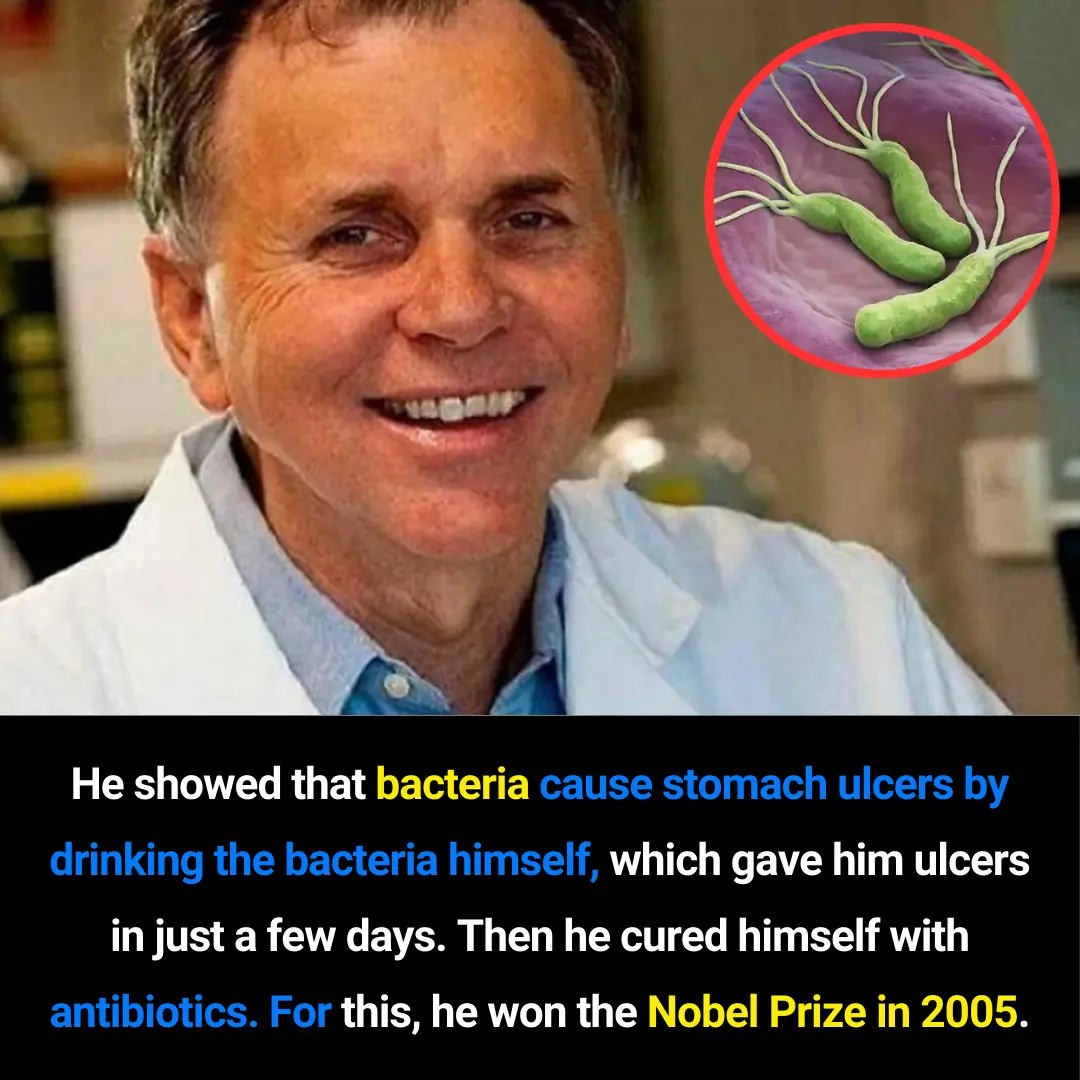
Dr. Barry Marshall: The Scientist Who Transformed Ulcer Treatment and Changed Modern Medicine

Dr. Paulo de Valdoleiros: The South African Doctor Redefining Accessible Healthcare

Incredible Survival Story: The Man Who Turned His Broken Car Into a Motorcycle in the Moroccan Desert

A Heartfelt Moment in Morristown: The Viral Message That Honors Healthcare Heroes and Celebrates Human Kindness

Boyan Slat and the Journey to Create The Ocean Cleanup: From a 16-Year-Old’s Idea to a Global Mission to Clean the Oceans

Scientists Reactivate the Brain’s Self-Cleaning System, Hinting at a Breakthrough for Alzheimer’s
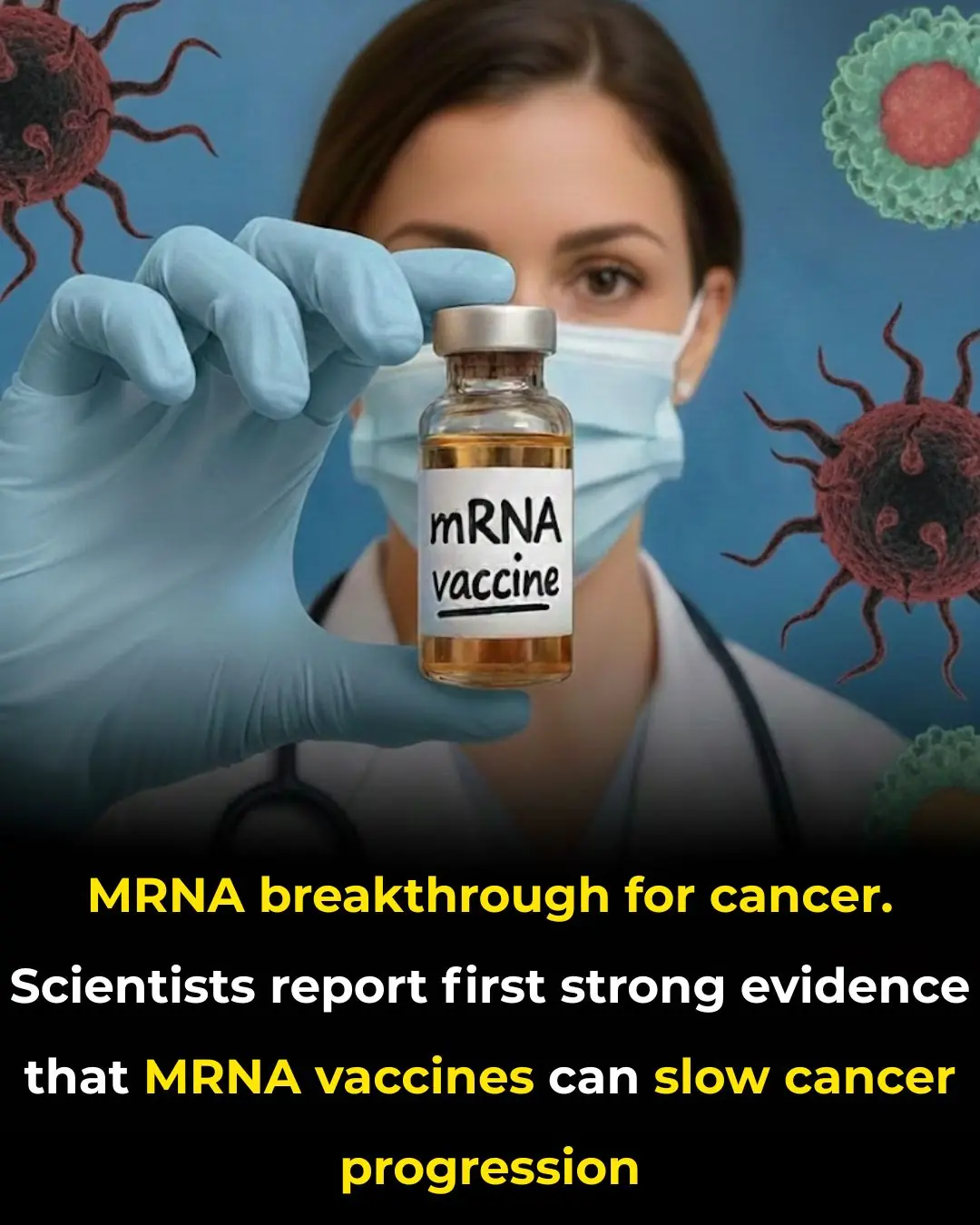
mRNA Vaccines Show Early Evidence of Slowing Cancer Progression

The Real Crime Is Hunger: A Judge’s Moral Verdict on a Child’s Desperation

Injectable Gel Breakthrough Brings New Hope for Nerve Regeneration

Goodbye Synthetic Dyes: Doritos Join the Push for Cleaner, Transparent Ingredients

Breakthrough Research Suggests Kidney Damage May Be Reversible After All

How Intermittent Fasting Protects the Heart: New Evidence on Blood Clots and Cardiovascular Health

New Evidence Links Hepatitis C to Brain Pathways in Mental Illness

If You See a Woman Wearing a Wedding Ring On Her Pinky, Here's What It Means

Reinventing Renewable Energy: Germany Launches Compact Turbine for Off-Grid Power
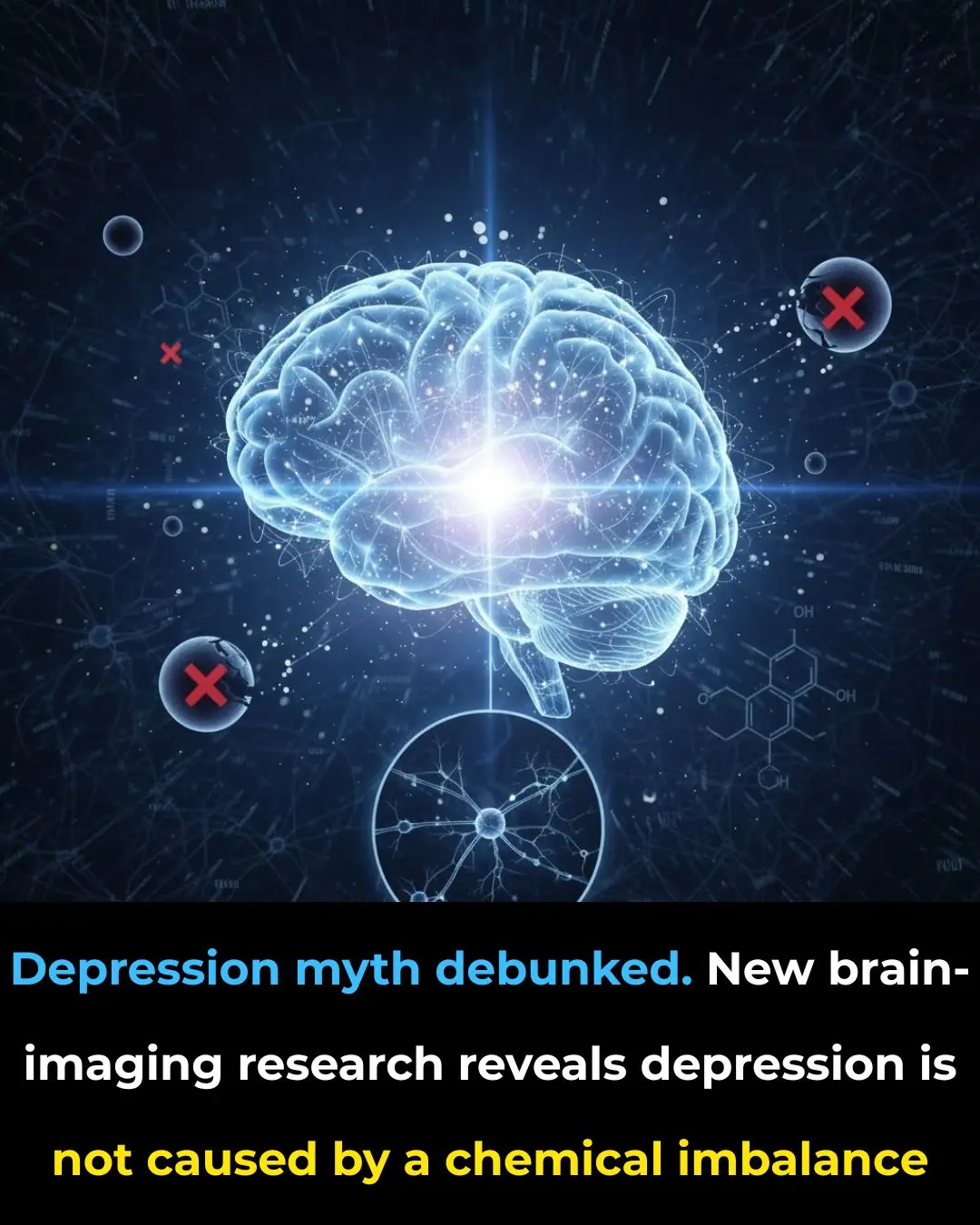
Rethinking Depression: New Brain-Imaging Research Reveals It’s More Than a Chemical Imbalance

Seventeen Years Lost: How a Look-Alike Helped Free an Innocent Man
News Post
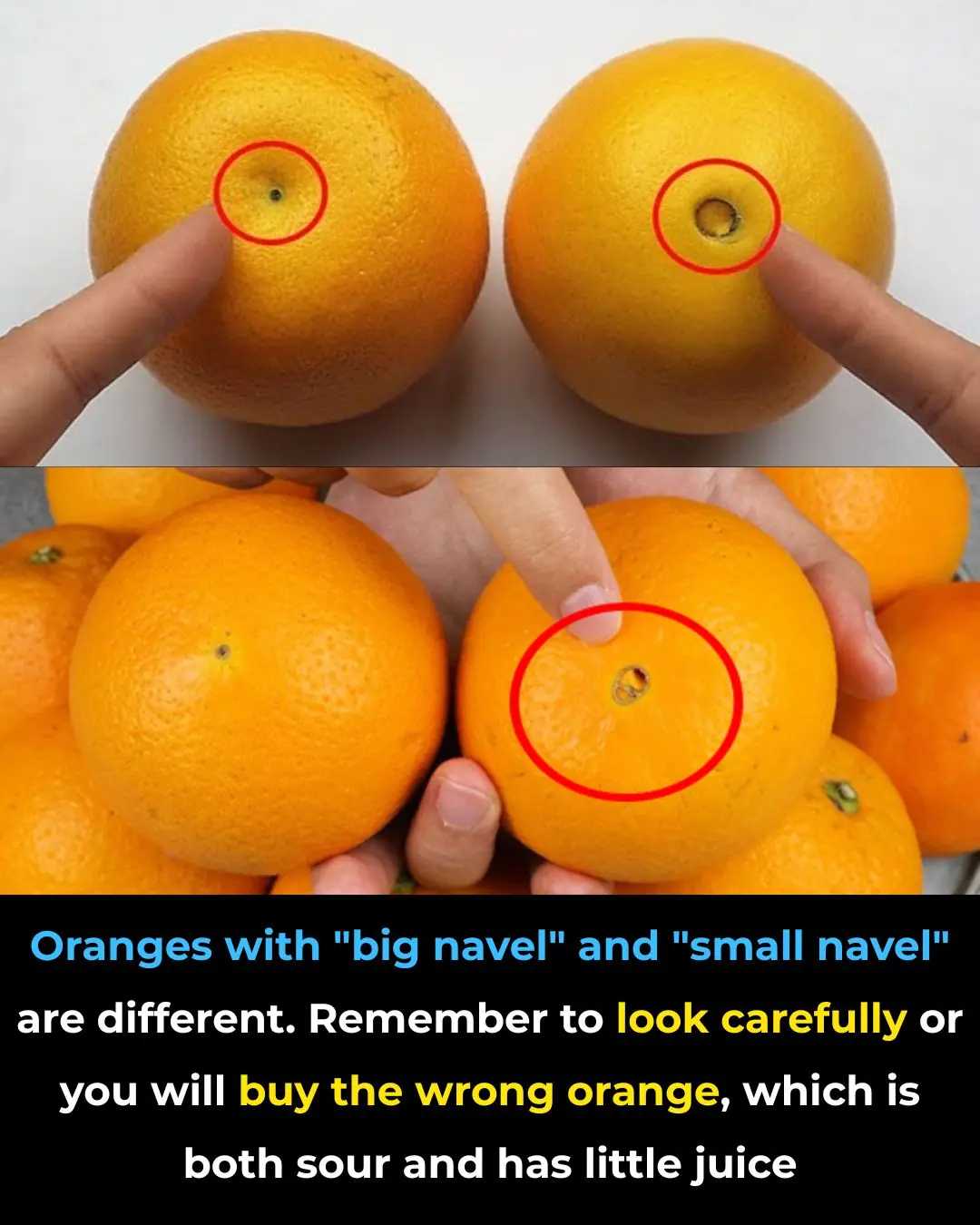
Large Navel Oranges vs Small Navel Oranges
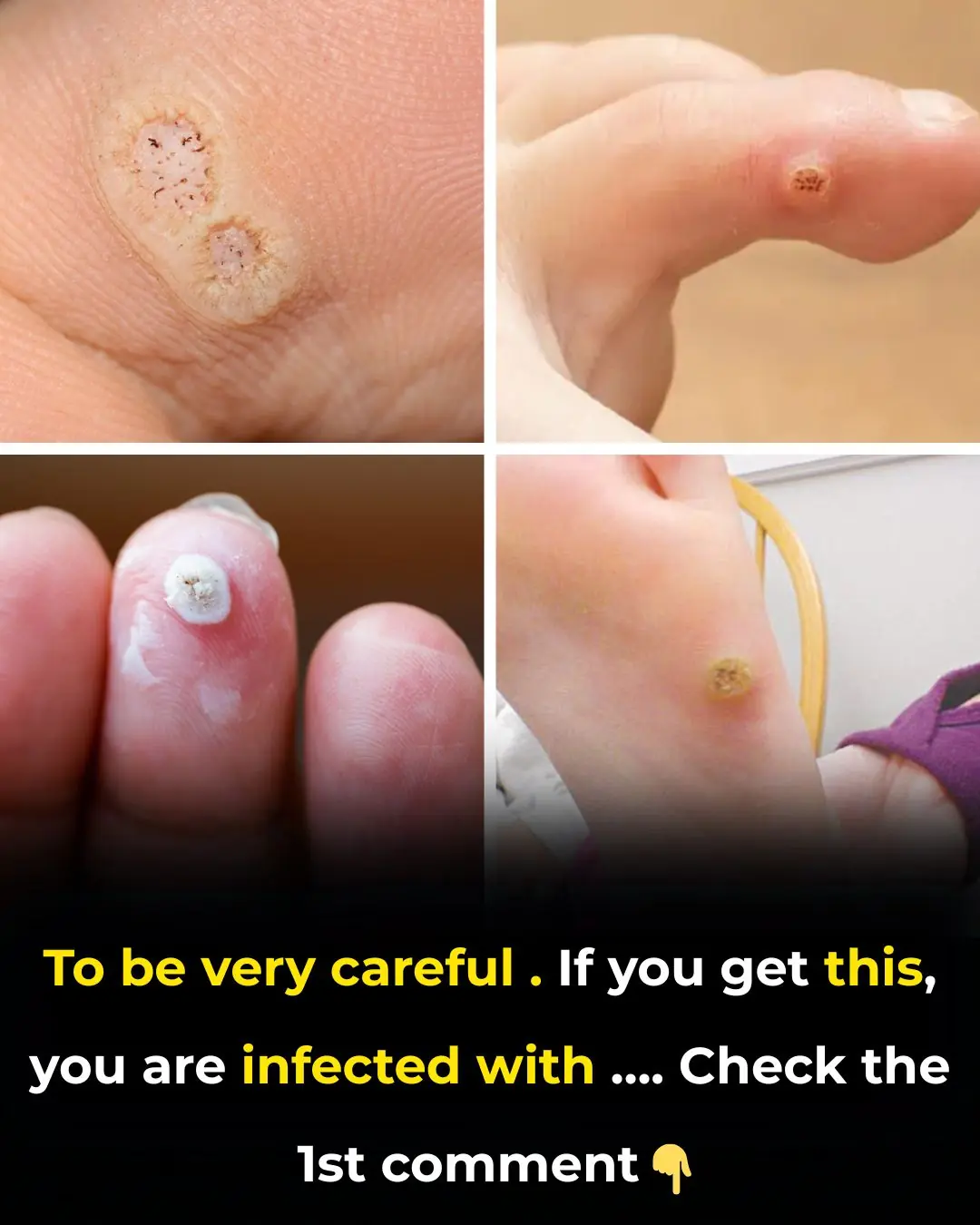
🩺 Be Aware: If You Notice This Skin Change, It Could Be Skin Cancer — Here’s What to Look For

Gastroenterologist says this is the #1 drink for gut health

What your body does when you drink coffee every day

The 5 best supplements to soothe nerve pain and tingling

Doctor says this is the #1 supplement to take if you have arthritis

Good to know!

I had no idea

Works like a charm

Stop blood sugar spikes—enjoy carbs without the crash!

Gastroenterologist says this is the #1 drink for gut health
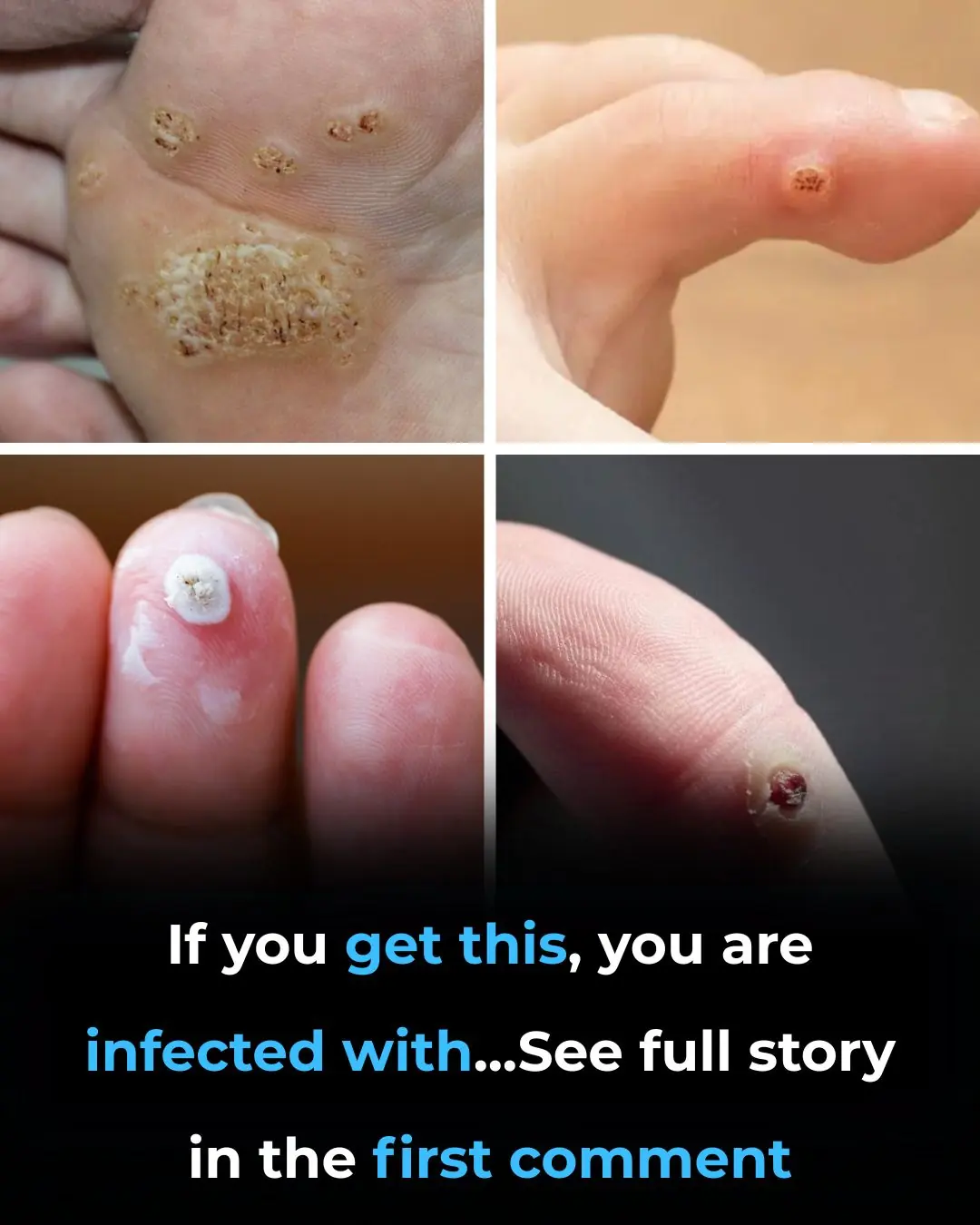
6 Types of Warts (Signs, Symptoms, Home Remedies, and Treatment)

Educational Summer Camp ‘HBCYouth’ Is Bringing the Next Generation to HBCU Campuses

Senator Cory Booker to Release New Book ‘Stand’ Expanding on Historic 25-Hour Senate Speech

18-Year-Old Brandon Moss Makes History as Youngest Mayoral Candidate in Fairfield, Alabama

Many experts warn that this food may increase health dangers — stop eating it now!

Gentle Stretches to Relieve Sciatica Pain

Think Twice Before Putting Parchment Paper in the Oven

Georgia Teen Accepted to 53 Colleges With $1.8M in Scholarships, Inspired by Her Parents’ Legacy
